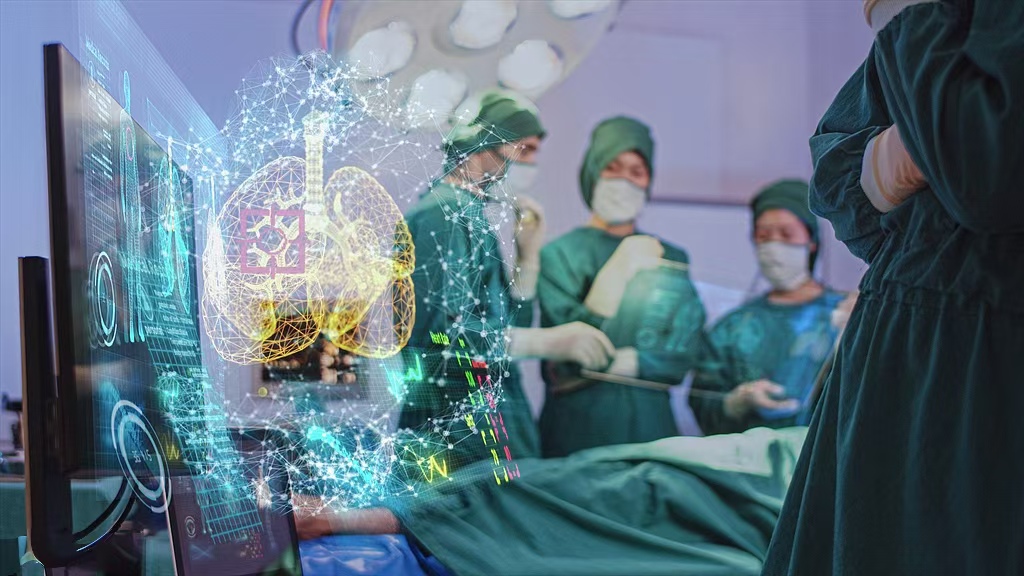In the rapidly advancing field of smart healthcare technology, an innovative research project led by our team is setting new trends in health data monitoring and intervention. This project aims to integrate various hardware devices through an intelligent data collection platform to achieve real-time monitoring and intervention of health data across multiple scenarios.
Research Background
With the aging population and the increase in chronic diseases, traditional medical models can no longer meet the growing demand for health management. The application of smart healthcare technology provides new solutions for personalized and precise health management. This research project, based on a clinical data intelligent collection platform, aims to integrate smart wearable devices, respiratory rehabilitation equipment, and smartwatches to build a comprehensive health data monitoring and intervention system.

Current Progress
Currently, the research team has successfully developed various hardware devices, including a smart vest, respiratory rehabilitation equipment, and smartwatches. Among them, the innovative three-ball breathing training device, as part of the respiratory rehabilitation equipment, has completed hardware development and entered the device verification stage. This device helps users perform breathing exercises through three balls with different resistances, aiming to improve lung function and breathing efficiency.

During the device verification stage, the research team focused on evaluating the effectiveness and reliability of the innovative respiratory rehabilitation training system. Preliminary results show that the system significantly improves users’ respiratory function and is easy to operate, safe, and reliable.
Future Plans
The next step for the research team is to focus on the design and development of the smart vest. The smart vest will integrate multiple sensors to monitor key health indicators such as heart rate, respiratory rate, and body temperature in real-time. The data will be wirelessly transmitted to the intelligent collection platform, which will use advanced AI algorithms to analyze the data and provide personalized health intervention recommendations.

Additionally, the research team plans to collaborate with multiple medical institutions and research units to further validate the clinical application of the system and explore more application scenarios, such as chronic disease management and postoperative rehabilitation. Through continuous optimization and improvement, the goal is to provide users with more comprehensive and precise health management services.
Conclusion
The successful advancement of this research project not only marks a significant breakthrough in smart healthcare technology in the field of health data monitoring and intervention but also provides new ideas and directions for future personalized health management. The research team will continue to strive to promote the development of smart healthcare technology and contribute to the cause of human health.

